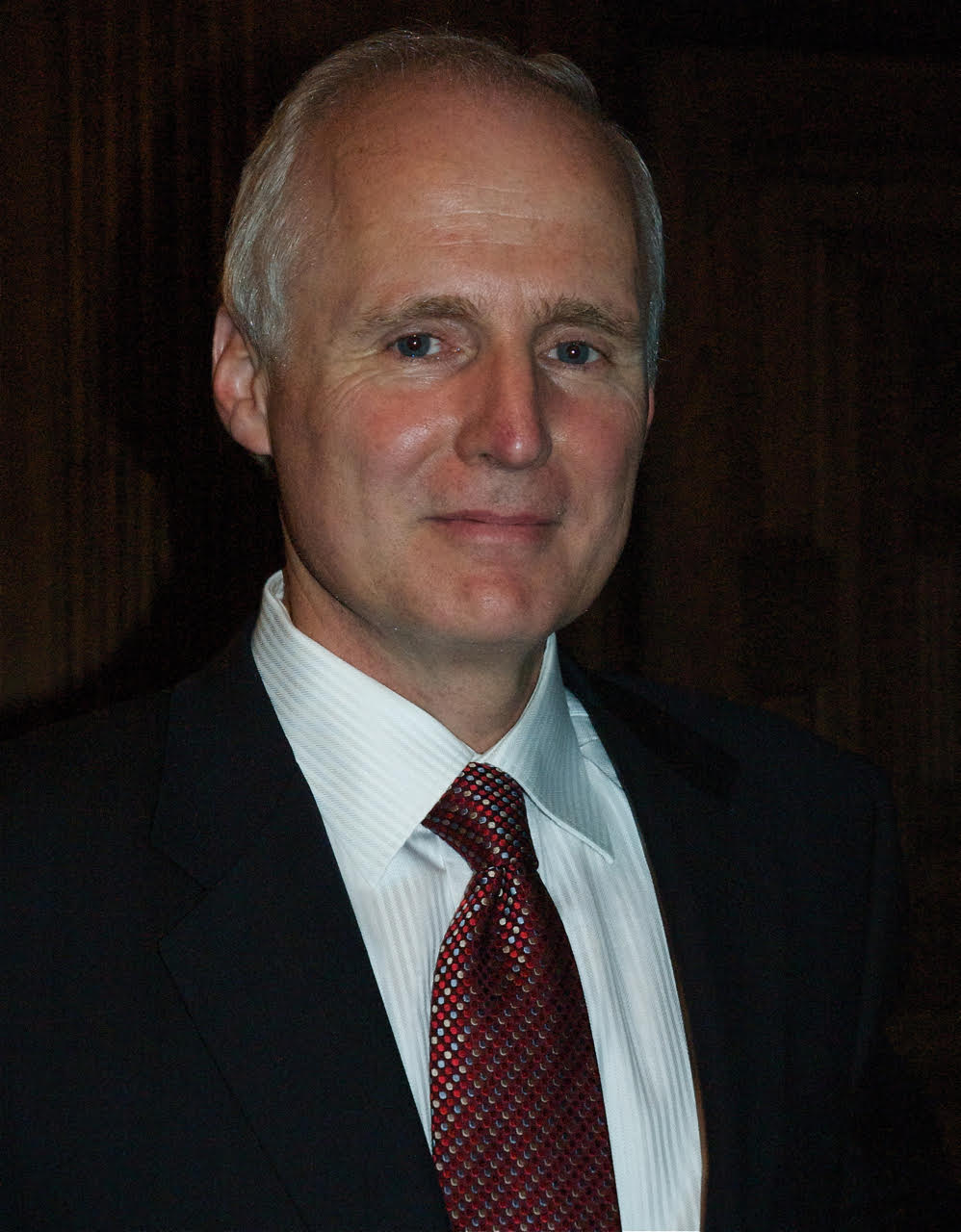Principal Investigator
Louis M. Messina, MD
-Professor and Vice Chair, Department of Surgery
Johnnie Ray Cox Term Chair in Biomedical Research
The focus of our lab is new hematopoietic stem cell–based therapeutic approaches to treat common diseases, such as type 2 diabetes.
Dr. Messina is a surgeon and vascular biologist with 30 years of experience conducting translational research. Early in his career, Dr. Messina pioneered techniques to understand the regeneration of the microcirculation following skeletal muscle damage, which led to a vibrant research program that continues to elucidate the mechanisms of ischemia-induced collateral artery enlargement in the context of cardiovascular risk factors and peripheral artery disease.
"My research program focuses on mechanistic studies with strong translational potential and patient health implications. We have advanced our mechanistic discoveries on nitric oxide bioavailability into a biological therapy for which UMass Chan Medical School holds a patent. Research on this patented therapy is progressing towards clinical trials to test the efficacy of our biological therapy to treat peripheral artery disease and atherosclerosis."
The Messina lab has determined novel roles for hematopoietic and mesenchymal stem cells during collateral artery enlargement. That work, combined with work in type 2 diabetes, colorectal cancer, atherosclerosis, and aging, has revealed a consistent, novel paradigm that cardiovascular risk factors are detrimental to wound healing, cancer immunosurveillance, atherosclerosis, and aging, by inducing oxidative stress-dependent epigenetic modifications in hematopoietic stem cells. This paradigm-shifting scientific contribution opens unbridled opportunities for hematopoietic stem cell-based immunotherapies for prevalent diseases. Importantly, this paradigm challenges the conventional thinking that cardiovascular risk factors primarily exert detrimental effects on terminally differentiated cells, as opposed to acquiring epigenetic modifications from stem cells.
Education
B.A. Philosophy & Biology, Fordham University, New York
M.D., State University of New York (SUNY) Downstate Medical Center, New York
Residency, Surgery, University of California, San Francisco
Fellowship, Vascular Surgery, University of California, San Francisco
Research Fellowship, Cardiovascular Research, University of California, San Francisco
Honors
1975: Engel Scholar, State University of New York, Downstate Medical School
1978: Summa Cum Laude, State University of New York, Downstate Medical School
1993-present: NIH reviewer: ZRG4ECS (1993-1994), SRB-3 (1997), ZRG1SBIB-G02M (2003), ZRG1 SBIB-E (03) (2008), ZRGH1 CVS-K (2008), ZRG1 CVS-K 10 B (2009), ZRG1 CVRS-B(10) (2009), ZRG1 BCMB-A 51 R (2010), ZRG1 MOSS-Q (14) B (2011), ZRG1VH-B02M (2012), BTSS (2012), MOSS Q14 (2012), NIGMS SCORE grants (2014), ZRG1 OTC-K (55) R (2015), SBIR/STTR (2015)
1996-2000: Member, NIH Study Section Surgery and Bioengineering
1996-2016: Listed in “Best Doctors in America”
2006-2012: Associate Editor, Journal of Vascular Surgery
2010-present: Member, NIH College of CSR Reviewers
2011: Chair, Fellows Council, Society of Vascular Surgery
2011: University of Massachusetts Board of Trustees Award for Outstanding Improvement in Quality, Safety, and Patient Experience, presented to the UMass Memorial Code Rupture Team and Division of Vascular Surgery
2011-2013: Castle Connolly Top Doctor
2013-2014: Listed in “The Guide to America’s Top Surgeons”
2016: Listed in “The Top Physicians, Selected by Their Peers” – Worcester Telegram
